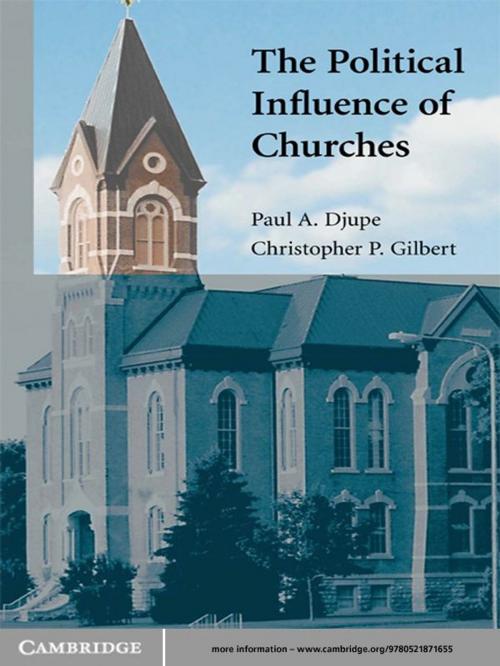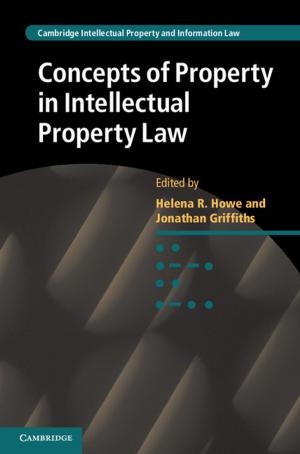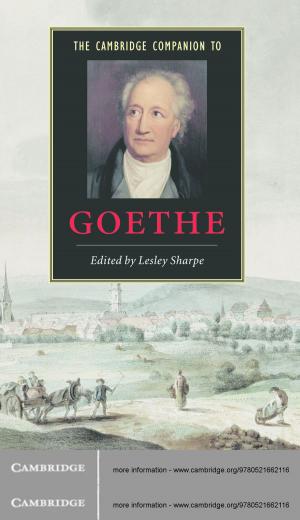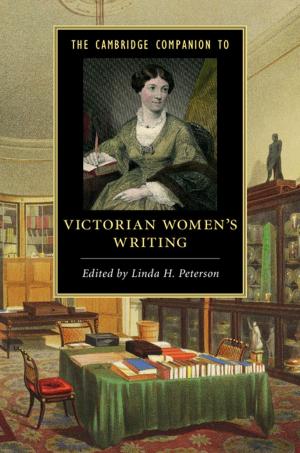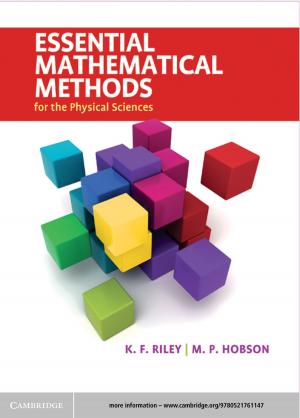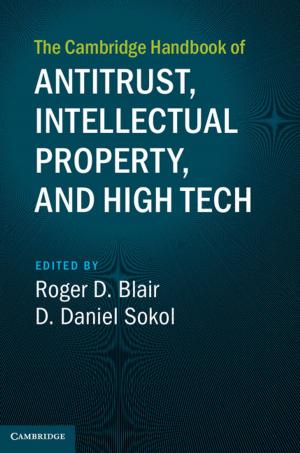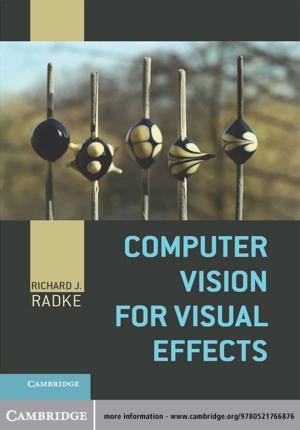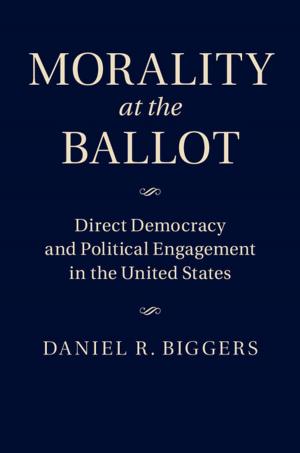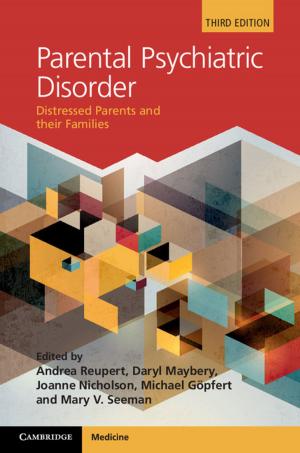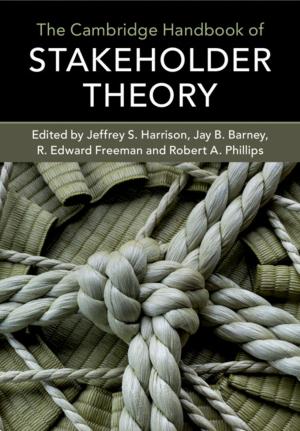The Political Influence of Churches
Nonfiction, Social & Cultural Studies, Political Science, Government, Religion & Spirituality| Author: | Paul A. Djupe, Christopher P. Gilbert | ISBN: | 9780511848636 |
| Publisher: | Cambridge University Press | Publication: | December 15, 2008 |
| Imprint: | Cambridge University Press | Language: | English |
| Author: | Paul A. Djupe, Christopher P. Gilbert |
| ISBN: | 9780511848636 |
| Publisher: | Cambridge University Press |
| Publication: | December 15, 2008 |
| Imprint: | Cambridge University Press |
| Language: | English |
Djupe and Gilbert investigate the political influence of church and how membership in organized religious bodies shapes the political life of members. Djupe and Gilbert's goal in this inquiry is to re-center scholarly attention on the voluntary association as an essential element of American civic and political life. They develop a theoretical framework that captures the multifaceted elements of church life that affect individual political attitudes and actions. Political information from clergy, small groups, and social networks flows plentifully in churches, but individuals process that information differently depending on their motivations related to their status in the church. Articulating a more fully specified model of how associations expose individuals to political information and norms will help us understand the political opinions and behavior of citizens and the contribution of that pattern to sustaining democracy.
Djupe and Gilbert investigate the political influence of church and how membership in organized religious bodies shapes the political life of members. Djupe and Gilbert's goal in this inquiry is to re-center scholarly attention on the voluntary association as an essential element of American civic and political life. They develop a theoretical framework that captures the multifaceted elements of church life that affect individual political attitudes and actions. Political information from clergy, small groups, and social networks flows plentifully in churches, but individuals process that information differently depending on their motivations related to their status in the church. Articulating a more fully specified model of how associations expose individuals to political information and norms will help us understand the political opinions and behavior of citizens and the contribution of that pattern to sustaining democracy.
